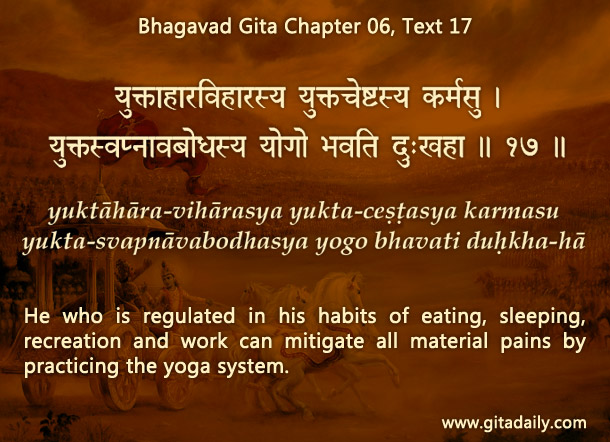The importance of doing something we love – During our daily life, we often face struggles and setbacks. Additionally, our consumer culture aggressively displays before us countless things that we don’t have. Both these can make us feel inadequate, even impoverished.
How can we counter such feelings? By periodically doing something we love. This refers not to something that titillates our senses superficially, as does most contemporary entertainment, but something that relaxes and rejuvenates us at a deeper level. We all can list some of our healthy attractions: say, go for a walk through a scenic garden, hear some soothing music, read a good book.
Engaging in these activities helps us appreciate:
The abundance of life: We are reminded that we don’t need the latest things to be happy; we just need to bask in the things that are abundantly available if we just turn toward them.
The benevolence of God: We feel grateful toward the Divine who has ultimately arranged for the things we are attracted to and indeed for our very attraction to those things.
Pertinently, the Bhagavad-gita mentions regulated recreation as a means for mitigating life’s distresses (06.17).
Do these activities need to be directly spiritual: say, hearing devotional music or visiting holy places? If they are, they can nourish our souls too. But if we have to strain to cultivate attraction to those things, then they belong to our disciplinary regimen, not our recreation. That regimen needs to have an important place in our life, but it can’t always substitute for recreation. The point here is not to develop attraction for something attractive – say, Krishna and his manifestations – that we don’t yet naturally find attractive; the point here is to bask in something uplifting that we already find attractive.
One-sentence summary:
Doing something we love helps us appreciate the abundance of life and the benevolence of God.
Think it over:
- Why do we often feel inadequate or impoverished?
- How can doing something we love benefit us?
- List three uplifting activities you love to do and plan when you can do them next.
***
06.17: He who is regulated in his habits of eating, sleeping, recreation and work can mitigate all material pains by practicing the yoga system.


We often see people living life as if there’s only one limited piece of pie out there, and if someone gets more of that pie they think that everyone else gets less. In our consumer societies most People exhibit such “Scarcity Mindset”(*) .
With a mindset such as this, people feel that they have to compete for most things continually.
In contrast, an “Abundance Mindset” (*) is when a person believes that there are enough resources to share with others, and that it’s possible for all parties to win. It flows from one’s inner confidence and a sense of security.
When we feel that we don’t have to compete with others for resources, we begin to appreciate what we have, feel inspired to do something for others or to give away something valuable from which others will benefit. It feels right from the moral perspective and also it is very practical — being altruistic is good for our health, according to recent studies.
(*) Stephen Covey
I learnt this mantram from a guru –
“I thank God for all we have had, for all we now have, and for all we will have. Today I will stop for a period of quiet reflection, smile, and focus on all my blessings.”